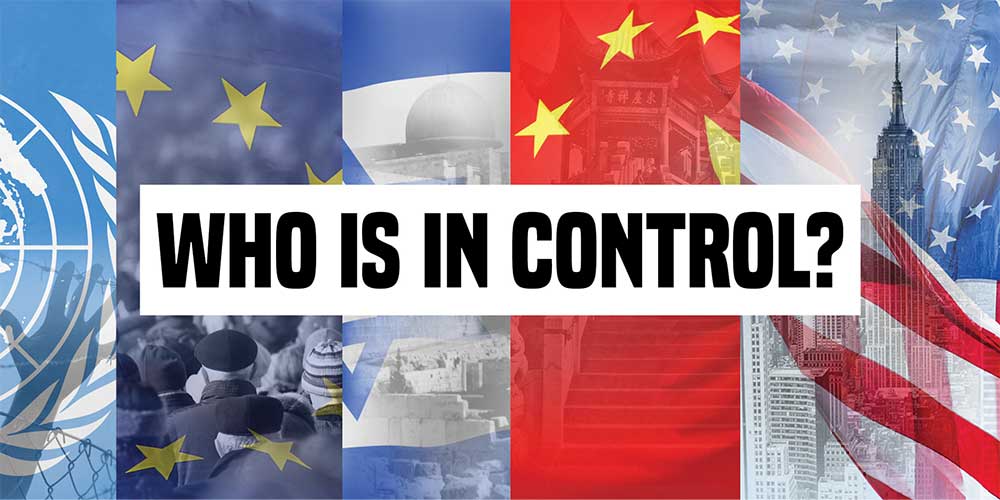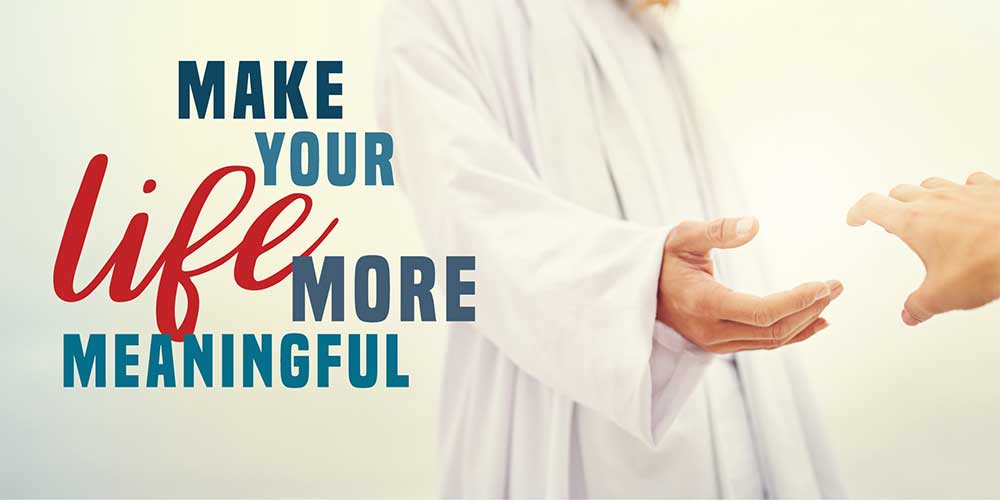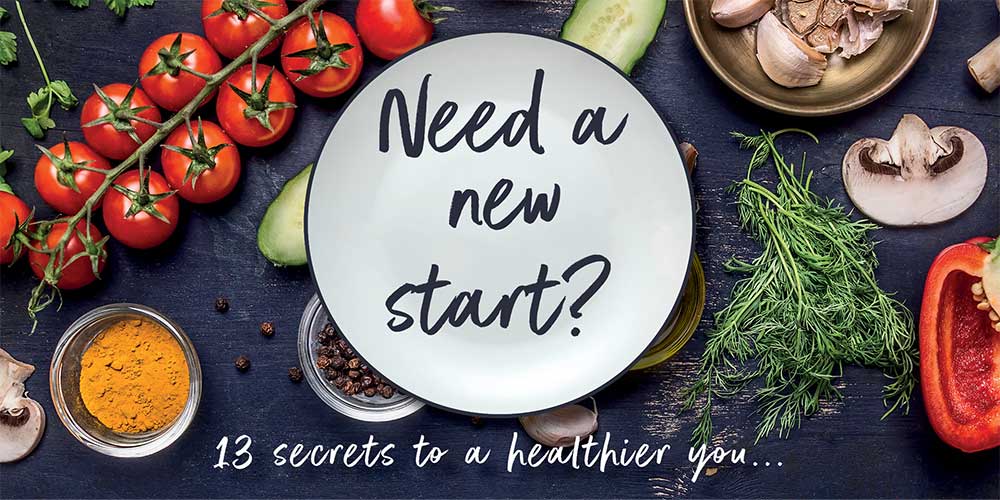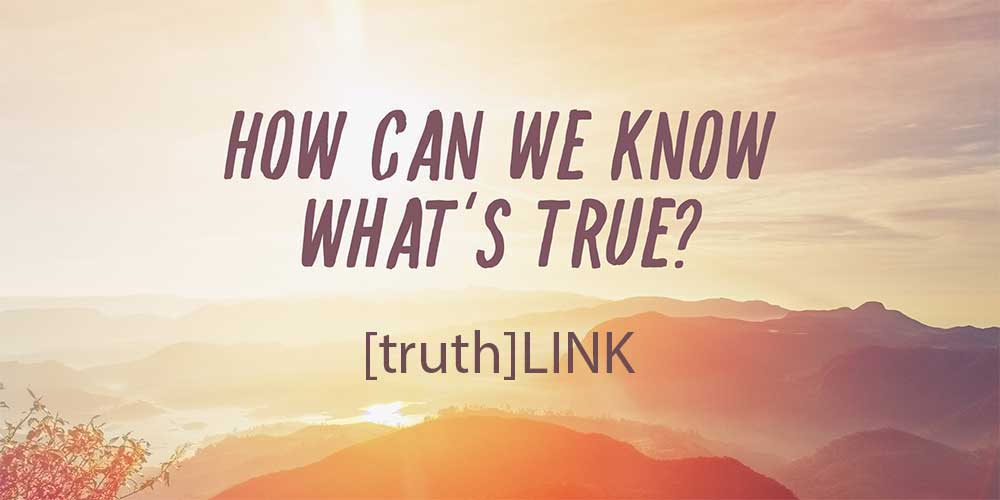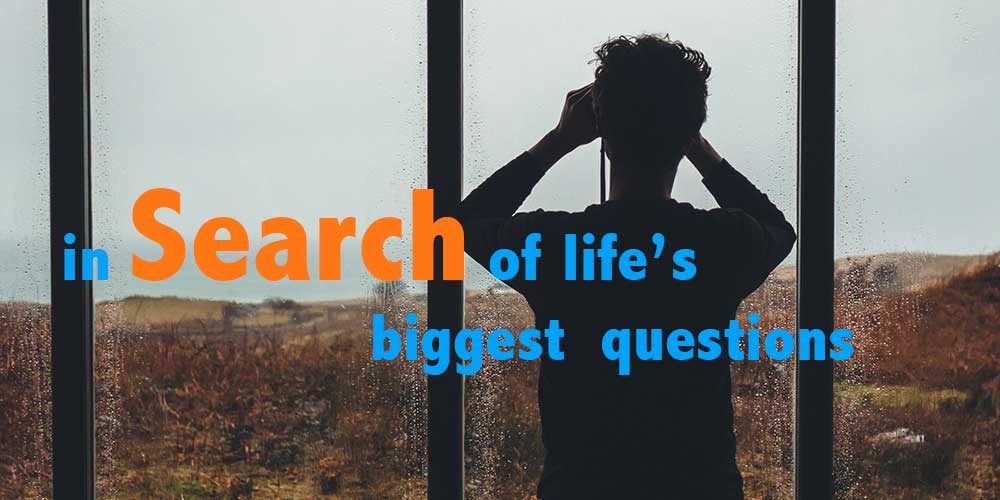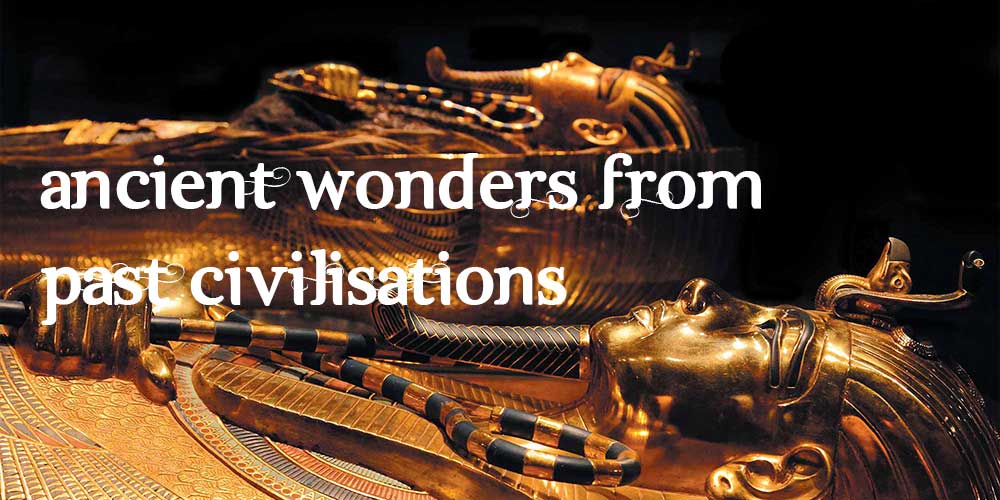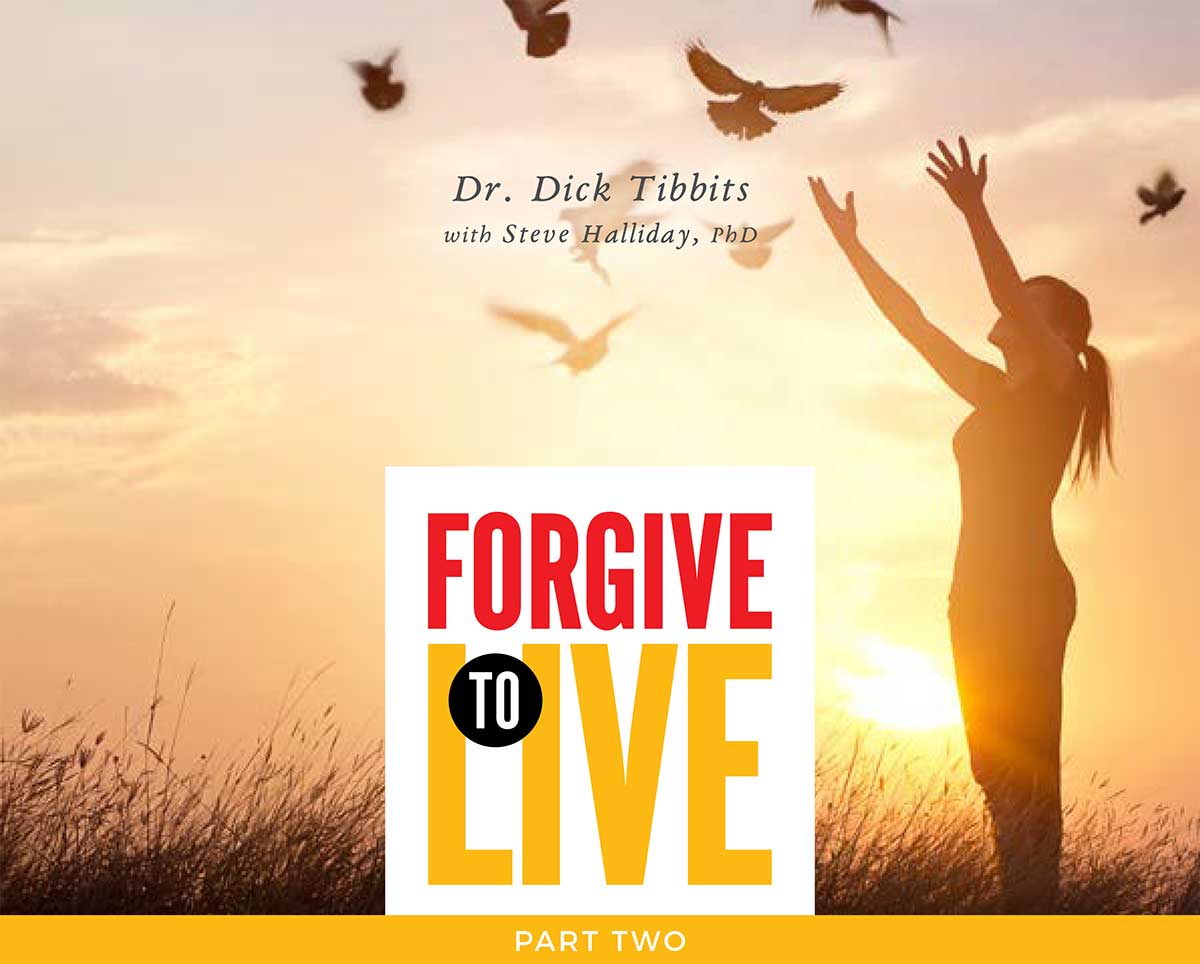
Living Rent Free in Your Head
The High Prince of Your Grievance Story
For your Convenience
To participate in this six part series on Forgiveness you can either watch the video below, read the excellent content on this page or do both. We hope this journey is as rewarding for you as it has been for us in putting it all together.
– Hope Channel –
Jill married the week after her high school graduation. Her then 27 year-old husband, Tom, held a minimum-wage job, and he had been married once before. Jill’s parents advised her to wait until after college before getting married. They were not too fond of Tom and doubted their little girl was mature enough to tie the knot. But, as they say, love is blind.
Shortly after the wedding, Jill discovered Tom had a drinking problem, which is why he could never hold a job. Money issues soon overwhelmed the couple. They suffered under a mounting pile of debt and always seemed on the verge of being evicted from their apartment. And then, to top off everything, Jill became pregnant.
The couple’s fighting increased, and with no solution in sight to any of their problems, they simply argued more often and more viciously. Always one to avoid conflict, Tom started spending more time away from home and at the bar. Before long, Jill suspected he was seeing someone else —a suspicion that proved accurate when she discovered notes from Tom’s girlfriend and some compromising pictures on his cell phone.
Jill filed for divorce. With no job, no marketable skills, and a baby daughter to care for, she considered her life a total shambles. Ten years later, Jill is still scraping by. If you talk to her, you’ll soon hear the whole sordid story about how Tom ruined her life.

Forgiveness does not wipe out your memory, nor is it a delete key for reality. The test of genuine forgiveness is not whether you remember the event, but how you remember it.
What You Need To Know
Our lives are largely the result of the stories we tell ourselves. If, for example, you continually tell yourself that someone has ruined your life, then you will probably allow that story to totally destroy you. Not only the stories, but even the language we use to describe them affect us.
If you are always talking about how busy you are, for example, you will feel constantly tired from all the work you have to do. But if you do the same amount of work, and instead of telling others how busy you are, you talk about how much you enjoy your work, at the end of the day you will not feel as exhausted. In so many ways, our body reacts to what is going on in our mind more than to what is going on in reality.
When something hurtful happens to you and you stew over the problem more than necessary, you are creating your personal grievance story. This tale of helplessness explains your inability to improve your life. It also causes you to spend more time thinking about what is wrong with your life than about what you could do to improve it. In short, you hand over a ton of energy and a tremendous amount of mental real estate to someone you don’t even like.

Picking the Wound
A grievance story develops when you:
* Suffer some kind of wrong
* Attach a specific—and heavily negative—interpretation to the event
* Frequently retell the story to yourself and to others
Telling and retelling your grievance story does not heal your injury. In fact, it constantly reopens old wounds, often making them worse. Grievance stories fuel grudges, which consume your life, depleting the energy you could better spend on more important activities. They also cause you to feel the old pain with ever greater intensity. If you’re like most people, you tell and retell your grievance story, fantasizing that somehow by doing so, you are punishing the one who hurt you. But almost always the one who suffers most by its retelling is not the offender, but you, your family, and your friends.
If you want to move from a bitter life toward a better life, you need to understand that the past exists only in your memory. It exists nowhere else. It has power over your life only so long as you keep the memory alive. Whenever you recall the memory, you feel all the painful feelings anew, and that’s why you live as if the hurtful event were a present-day reality. In short, you hurt yourself over and over again with each memory recall.

Distortion and Helplessness
If you are distressed by anything external, the pain is not due to the thing itself, but to your estimate of it; and this you have the power to revoke at any moment.
– Marcus Antonius
Consider two more problems with your grievance story. First, while you see its account of what happened in your life as reality, your story actually distorts the true and larger picture. In fact, this distortion is key to its power to imprison you. That doesn’t mean your memory is wrong, just that it is distorted by what you want to believe about the past. Second, the offender in your story is the one who controls the action; you cast yourself as little more than a powerless victim. So as long as you repeat your grievance story, you’re telling yourself a distorted story that leaves you feeling helpless to make any changes for the better.
So what are your options? One is to keep repeating the story, but you already know where that leads you. The other option is to forgive so you can become free of the story’s compelling power and move beyond that frame of reference toward a more hopeful future.

Wanting to Forgive
While we all know we should forgive, the truth is we often do not want to forgive. It’s not easy to let go of deep hurts. After all, why should I forgive? I am not the one who did anything wrong! The other person should be punished. Why should I let the offender off the hook so he can get away with his actions toward me . . . and risk that he may do it again?
The sad truth is that when I do not forgive, I am the one left with the pain and misery. In fact, when I do not forgive, I am, in effect, handcuffing myself to spend the day with the very person I do not like. For when you constantly think about someone, you are in effect spending your day with that person. Your mind works in funny ways. The truth is, your day will be affected more by the person you think about than the person you are with.
No wonder you had a bad day—look who you thought about all day! My mother always told me to be careful about the people I hung out with, for I’d be overly influenced by the company I kept. I never applied that to the one I was unwilling to forgive, but it fits. If you spend your day thinking about the person who made your life miserable, you will have a miserable day. Why do that to yourself?

Hugging the Cactus
While forgiving the person may not seem fair, holding on to a grievance against someone who has offended you will not make things better, nor will it make things right. In fact, the opposite is true—holding on makes things worse. And here is the real irony: while you are seeking to punish the other person, the only one suffering is you. How do I know this is true? Because you are the only one who is still hurting.
Truth be known, the other person has gone on with life; he or she may no longer even think about you. While forgiveness does not make life fair, it will keep your past from destroying your future. Don’t live a miserable life because of what someone else has done to you!
A Personal Journey
I have experienced the pain of another’s unwanted actions toward me. I got fired from my job where I had worked faithfully for more than ten years. I put my all and my best into my work each day and largely succeeded with each project I undertook. When the company decided to reengineer the workplace, my job got eliminated. Just like that, I had no paycheck and nowhere to go the next day. You can imagine the difficult conversation that evening when I had to inform my family that I would no longer be the breadwinner.

As a result of that experience, I felt hesitant to reinvest in another job, so I remained unemployed for some time. The longer I held on to my hurt, the longer I suffered. Of course, economic realities eventually required that I accept another job. I had a hard time investing deeply in my work because I doubted I could trust those in leadership. The story of what previously happened to me kept playing in my head, with no relief.
Never repeat old grievances, they were bad enough the first time.
I developed a well-rehearsed grievance story, a story of an injustice I had suffered at the hands of someone else. As long as I held on to my story, it ate away at my insides, ultimately leaving me with high blood pressure and ulcer problems. The story of how others ruined my life had become my excuse for a miserable life. The problem with that thinking was that it placed the other person in control of my happiness. So long as I held that belief, I could do nothing to improve my life, which all but guaranteed my inability to achieve happiness ever again. Something had to change, and it would have to be me.
A friend who had known me for a long time observed my transition from an outgoing and energetic guy to a withdrawn and depressed individual. He believed he needed to do something, so he counseled me to “get over it.” As much as he wanted to help, that advice didn’t work because I had no idea of how to get over it. I was stuck in my despair with no clear way out, and it was killing me.

If I were ever to improve my life, I had to learn how to forgive. I had to learn how to place my past in the past, where it belonged, and not let my hurt and anger live in the present, where it was destroying me.
Pain is inevitable…misery is optional.
I discovered that forgiveness helped me work through my hurt feelings. It was not easy, but it worked. I learned that forgiveness is not only something I need to ask for when I have done something wrong, but forgiveness is also something I need to offer when someone else has wronged me. I had to live “my life” no matter what others had done to me.
7 Life Lessons
As a result of facing my grievance story and practicing forgiveness, I learned the following seven lessons:
1. Life is not fair; don’t try to make life fair. Simply treat others fairly.
2. I cannot control what others do to me; I can control only what I do to others.
3. I cannot change others; I can change only myself.
4. When I refuse to forgive, I am the one left with misery; when I forgive, I am the one set free.
5. Vengeance creates a bitter spirit within me; forgiveness helps me to have a better view of life.
6. You cannot avoid hurts, but you do not have to give hurts a home to live in.
7. The essential question of forgiveness is not who did what; the essential question of forgiveness is whether I will let this event ruin my life or enrich it.

You simply cannot swallow a poison pill and hope the other person dies.
Now that you realize the price you pay when you don’t forgive, I trust you will find sufficient motivation to forgive the wrongs others have done to you. Forgiveness is for your own good. When you forgive, you get your life back.
Here’s the deal: you are not chained to your past, nor is your future determined by your past. Save your energy and best thoughts for people who help you, encourage you, and lift you up. Don’t give precious mental real estate over to distorted memories of individuals who have the power to bring you down!

A Soldier and the Prisoner
Two former POWs met at the Vietnam Memorial in Washington, DC. They both had spent what felt like their best years in the infamous Hanoi Hilton, where they were kept caged for days on end. One soldier asked the other, “Have you forgiven your captors yet?” The other soldier responded in a voice full of anger, “No, I will never forgive them for what they did to me.” With that, the first soldier responded, “Then I guess they still have you prisoner, don’t they?”
Are you still a prisoner of your past experiences, or will you set yourself free by practicing forgiveness?
Forgiveness does not balance the scales of justice any more then vengeance does. But it will keep your past from destroying your future.
Learning a Different Approach
Forgiveness is a way of letting go rather than holding on. Forgiveness allows you to reframe your story, thus changing its essence, enabling you to see life from a different perspective and leading you to a healthier and more satisfying life. Forgiveness does not suspend the law of cause and effect. What changes is your desire for vengeance and retaliation, and that change helps you avoid an escalation of attacks and counterattacks. Forgiveness frees you.

Tapping into the Power of Forgiveness
Before you can forgive, you must find the motivation to forgive. For some, it is simply not enough to know that you should forgive. They need a stronger impetus—and I know of nothing stronger than pain. That is why understanding the price you pay when you do not forgive is so important. The price of not forgiving is higher than the price you fear you pay when you do forgive.


